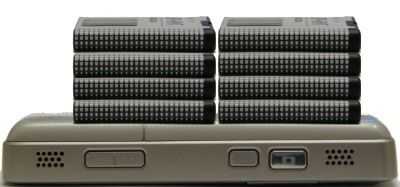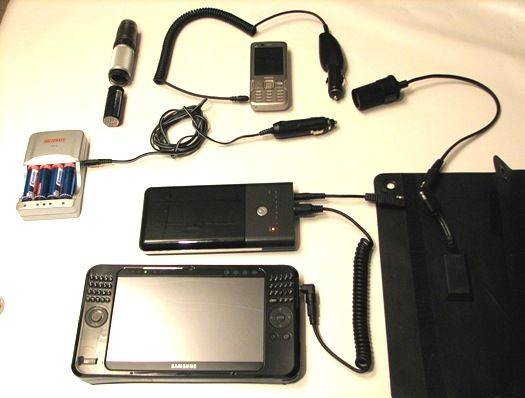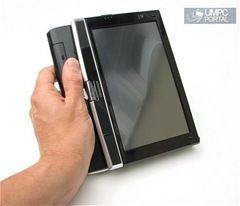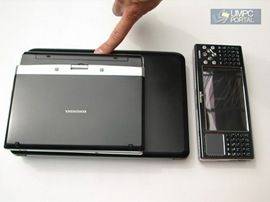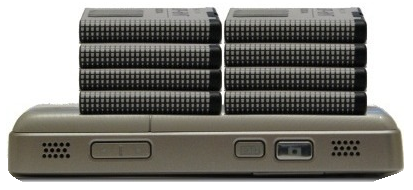 This thought popped into my head today for no reason what-so-ever and I wanted to see if I could get a discussion started.
This thought popped into my head today for no reason what-so-ever and I wanted to see if I could get a discussion started.
Imagine this: One year ago, there was a huge battery breakthrough. All of your mobile tech gadgets have a battery that is good for an entire day of computing. I’m not talking about what a big company calls “all day computing inch (maybe 8 hours?), I mean 24 hours of continuous use on a single charge no matter what task you are doing.
Now answer these two questions:
- How would your current computing habits be different (other than ‘work longer’)?
- Two years down the road, what would gadgets evolve into, knowing that they were designed with all day battery life in mind?
When you are done, tag some people who you’d like to hear thoughts from.
Allow me to start:
How would your current computing habits be different?
First of all I think I would remove all of the wireless radio toggle software from my devices. Why turn them off if we have the power? Second, I might carry a more powerful device as my pocket computer. I would probably use the UX180 in place of my current iPhone, knowing that I could get more done on the 180. There probably wouldn’t be much need to turn my devices off so I would have an always online status. Services like Google Latitude would be active on my devices so friends could see me and I could see them. I used to carry my UX around in my pockets, but I also needed to bring the AC adapter with me.
Two years down the road, what would gadgets evolve into knowing that they were designed with all day battery life in mind?
I think that smaller devices that would function as notifies would become popular. Envision a normal looking wrist watch, that has 3G connectivity and GPS, aggregating all of your notifications (email, IM, social networks, etcetera) and tells you what is going on right then, without having to pull something out of your pocket. I imagine a vibration from the watch letting me know that a friend is nearby (located with something like Google Latitude), and clicking a button on the side of the phone at that time would connect via Bluetooth to my phone and call my nearby friend. The watch would display other short info like micro-blog updates or SMS from my phone right on its own screen. I think that HD content would be much more prevalant, given that even handheld cameras would be powerful enough to do all day HD recording. This might have an affect on demand for faster bandwidth because people would be flocking to YouTube to be uploading or watching lots of HD videos, and they would want to do it with the same speed that they are used to watching SD videos.
Tag, you’re it:
Jenn from Pocketables.net
James and/or Kevin from JkOnTheRun
Also, link back to the people that linked to you, so they know that you responded.

